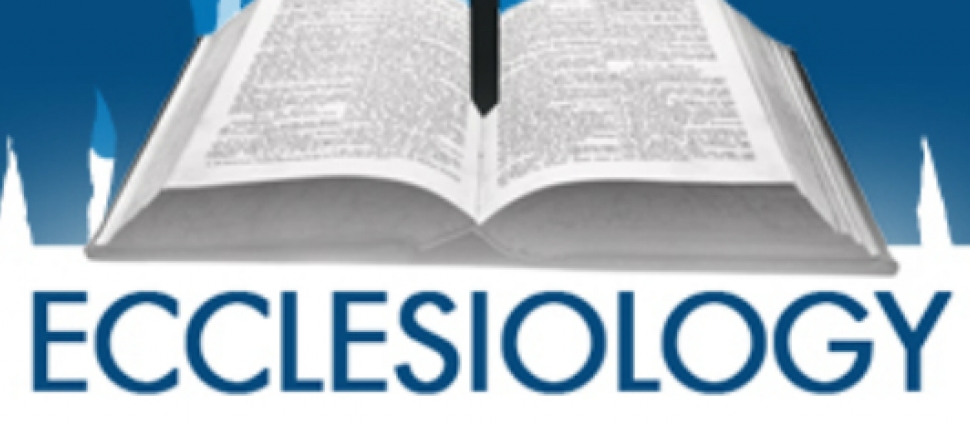Peter Martyr Vermigli on the Church

May 31, 2016
The Florentine Peter Martyr Vermigli (1499–1562) was among the most important of sixteenth century Protestant theologians. Among many enormous works is his massive commentary on 1 Corinthians. In this and the following posts, I wish to draw attention in particular to his comments on 1 Corinthians 1:2–3, which contain a lucid and important discussion of several key topics related to the church: what it is, how it is recognized, the relation of the wicked to it, who the “saints” are, the establishment of the church by God’s calling, and the church’s catholicity.
An English translation of the commentary, published in two editions and titled In selectissimam D. Pauli priorem ad Corinthios epistolam...Commentarii doctissimi in Latin, has never been published, though there is a project currently underway to rectify that, and selections have appeared in the past.
As far as I know, however, his comments on 1:2–3 are not among those selections, and so in this series I provide a translation with some brief comments in the hope that it will serve for the edification of Christ’s church.
This first installment, translated from the second edition, comprises his introductory comments on Corinth. The meat will come in the posts that follow.
Translation
“To the church of God which is at Corinth.” Now those to whom the Apostle sends greetings is made clear: to the church which was at Corinth. This city was indeed very famous in antiquity, situated on an isthmus, of fertile soil, and famous for commerce; it was called Bimaris, “between two seas,” by the poets. Very many sophists flourished there, and, as Chrysostom says, it had one of the Seven Wise Men of Greece as a citizen. It was finally destroyed by the Romans, as Cicero writes in his speech on behalf of the lex Manilia, in which he does not disdain to call it the light of Greece. And the Lord testified in Acts 18 that he had a numerous people there--a fact that we should consider of more importance than all of these other praises. This letter is written to the church, not to one person or another.
Comments
Now, a few comments and applications:
1. Peter Martyr’s wide learning, characteristic of scholars in this period, is on display in the above passage, as he discusses the geographical situation and historical importance of the city of Corinth. In doing so he refers both to the “argument” of John Chrysostom’s Homilies on 1 Corinthians and to one of Cicero’s orations, On Behalf of the Manilian Law 11. One finds some variations with respect to the list of the Seven Wise Men of Greece mentioned by Chrysostom, though the seven names usually associated with it are: Cleobulus of Lindos; Solon of Athens; Chilon of Sparta; Bias of Priene; Thales of Miletus; Pittacus of Mytilene; and Periander of Corinth. It is the latter that is meant here. As for the destruction of Corinth, the reference is to the Roman general Lucius Mummius’ sack of the city in 146 BC; it was later refounded by Julius Caesar as a Roman colony in 44 BC.
Why is this important? Perhaps the chief reason for our purposes is that it shows us that there is no necessary conflict between faith and scholarship: deep and wide learning can be put at the service of the people of God and can enrich their understanding of Scripture and Scripture’s gospel.
2. At the same time as he shows facility with extracanonical material, however, Peter Martyr’s piety is on display as well. Though Corinth was of classical importance, its significance in worldly terms paled in comparison to its significance in God’s plan: “The Lord had a numerous people there.” That, Peter Martyr says, is much more remarkable than its happy location or its reputation for prowess in business and erudition—a point not irrelevant to the thrust of Paul’s argument in what follows in 1 Corinthians.
Why is this important? Though the indication is subtle in this instance, Peter Martyr’s comment nevertheless demonstrates that the exegesis of Scripture, however rigorously informed by grammatical and historical studies, must lead to theological and practical application. Even a remark so brief as that which tells us that “[t]he Lord had a numerous people there” can serve to reorient the priorities of God’s people and teach them not to judge what matters by worldly standards, but to judge by the Lord’s standards instead.





